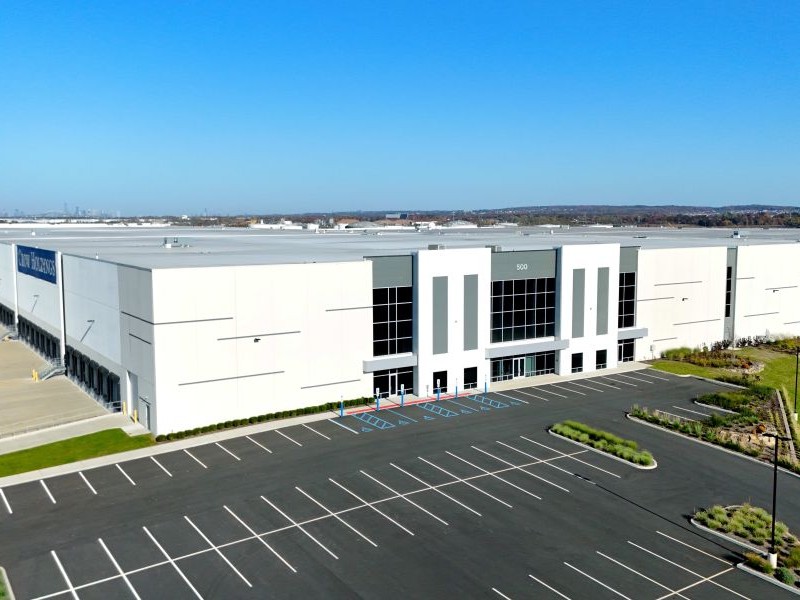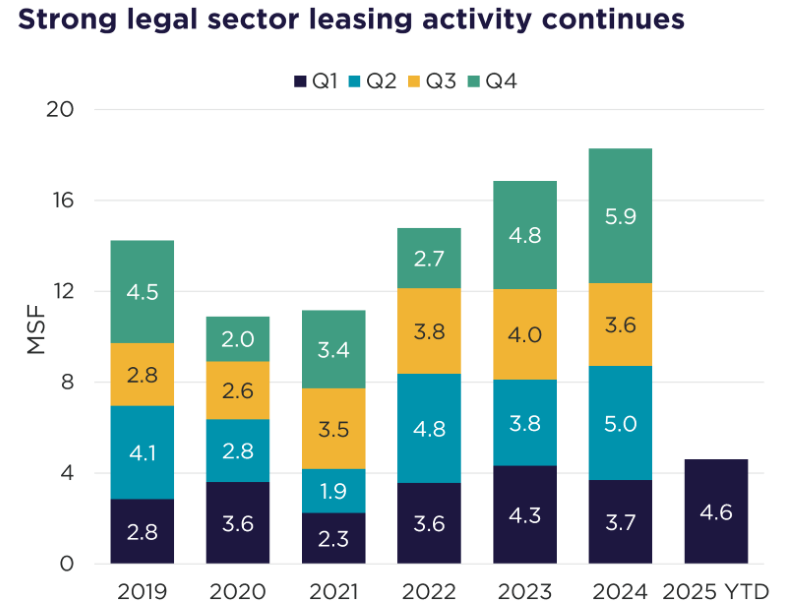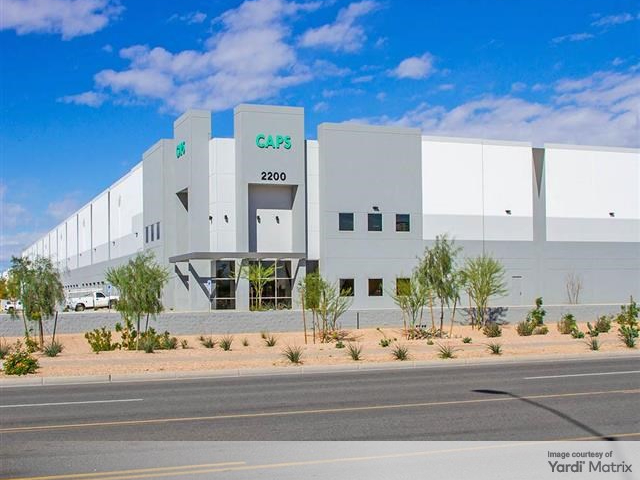Law & Policy: The Optimism of 2011 was Rightfully Cautious
The grip of uncertainty has a hold on investors of all ilk, from institutions -- which are putting deals on ice -- to small business owners and tenants -- who are rightfully hesitant to invest in new employees and space.
By Michael Ratliff
When the 112th Congress convened in January, there was hope that the House freshmen, elected largely on the promise of job creation, would be able to accelerate the slow, but seemingly certain, economic recovery. In the months since, the combination of partisan gridlock and a frail global economy has created an air of extreme uncertainty. The unease is clearly felt by top commercial real estate executives, as shown in The Real Estate Roundtable’s fourth-quarter Sentiment Index, which exhibited its second consecutive decrease, landing at its lowest point since the fall of 2009.
“Expectations are being dialed back considerably, and commercial real estate fundamentals are again under pressure, even in areas that had recovered significantly in terms of property values, pricing and access to credit and capital,” Jeff DeBoer, president & CEO of the Real Estate Roundtable, commented in a news release highlighting the index’s findings.
DeBoer cited ambiguity over federal policy issues like tax reform, deficit cutting, Dodd-Frank regulations and housing market fixes as major driving forces behind a lack of industry confidence outside of gateway markets. Provisions aimed at reining in the deficit seem to change on a daily basis, only adding to the confusion, put in Thomas Bisacquino, president of NAIOP.
“There are just too many moving pieces right now for the industry to make big bets. We are just sitting on a ton of cash on the sidelines that is not being deployed because people don’t know what the rules of the road are,” he said.
Bisacquino maintains that the grip of uncertainty has a hold on investors of all ilk, from institutions—which are putting deals on ice— to small business owners and tenants—who are rightfully hesitant to invest in new employees and space. Inspiring ground-up confidence through transparency and consistency is the key to spurring a recovery, in his view. But Bisacquino remains concerned that Washington sees the big issues, such as fundamental tax reform, as “too much of a hot potato to deal with until after the next presidential election.”
The possibility of a year with no major accomplishments troubles Bruce Gelman, a partner in the tax group at Kirkland & Ellis L.L.P. who specializes in advising domestic and offshore real estate investors.
“The last thing this country needs is for nothing to happen through the next election,” Gelman said. “It is important to show the world that we can actually do something in these times—something meaningful, and not just higher tax rates. That is the easy solution.”
Gelman feels that Congress should be focused on creating jobs, cutting spending and increasing investment. Though tax increases will not necessarily make the real estate investment game any easier, Gelman does believe that individuals with higher incomes are willing to contribute more, provided everyone shares the pain.
“You can’t just knock on the millionaire’s desk and think it is going to solve the problem,” he said, adding that broadening the tax base is a necessary step in reducing our country’s debt, a fundamental part of ensuring long-term economic stability.
In regards to commercial real estate, Gelman believes that some form of a FIRPTA holiday would inject interest into the capital-starved industry and help lower the cliff of debt coming due over the next few years. A FIRPTA holiday would not necessarily be scored as a revenue loser, either, since such a provision could put a great deal of America’s unemployed back into the workforce.
“A holiday for one or two years would go a long way in getting people excited about coming to the United States and investing here, knowing that they will eventually be able to get out of the U.S. without being subject to capital gains tax,” Gelman said.
Phil English, senior government relations advisor at Arent Fox L.L.P. and a seven-term U.S. Representative (1995-2009), also believes that FIRPTA reform—such as that included in the Real Estate Jobs and Investment Act of 2011 proposed this September by Sen. Robert Menendez (D.-N.J.) and Rep. Kevin Brady (R-Texas)— could be beneficial to a continued real estate recovery.
“I think you could go a long way rolling back FIRPTA without causing any harm to the economy,” English said. “The kind of withholding that FIRPTA requires and the kind of regulation it imposes is clearly a burden to a number of classes of commercial real estate.”
While English does regard FIRPTA reform as part of the solution, he admits that it is far from a panacea for the current state of commercial real estate. English’s advice to the 112th is for both parties to put their differences aside so they can move forward on implementing fundamental tax reform, which if done competitively could be a game changer for the economy and the industry.
“Congress rarely finds itself in a situation like this, where our economy is on edge,” English said. “Timely action by Congress and the executive branch might be enough to keep the country out of a double dip.”






